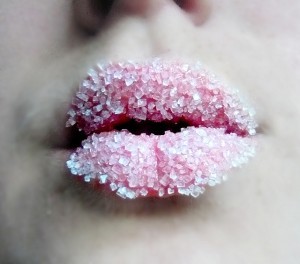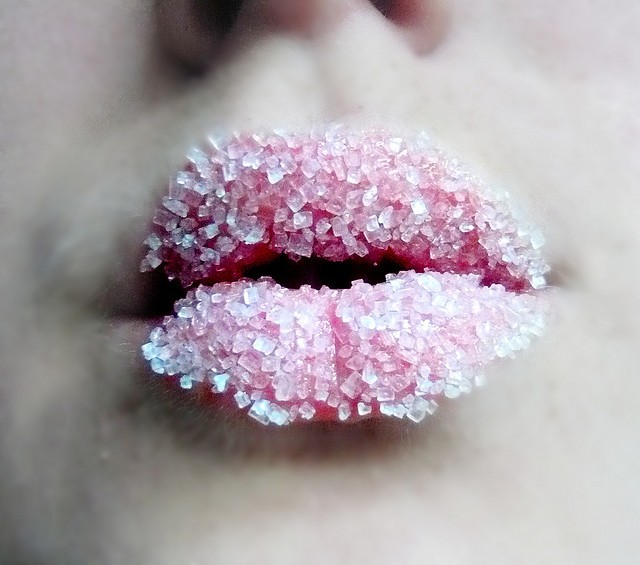
Say anything nasty about sugar and folks will swallow it. Sugar caused the recession. Sugar makes your nipples grow. Sugar keyed your car. Sugar's crazy—it knifed my cousin down at the corner bar last Saturday night. Somebody should drop a safe on sugar.
Well, maybe. It's true that sugar is insidious—diabolical, even—and hidden in countless processed foods. It certainly contributes to the obesity crisis. It makes people fat and diabetic. These claims are correct—to a limited and oversimplified extent. But sugar doesn't point a gun to our heads and force us to eat it. It's only as big a bogeyman as we make it out to be.
Dr. Robert Lustig, a Professor of Clinical Pediatrics in the Division of Endocrinology at UC San Francisco, has been on the forefront of the movement to educate people about the health hazards of sugar and fructose in particular, for a number of years now.
In the video above, he discusses how low-fat recommendations have led to a dramatic increase in sugar consumption, and it is in fact sugar, not fat, that drives heart disease.
Excess sugar is also a primary factor in countless other chronic disease states. This is a topic he delves into in-depth in his new book, Fat Chance: Beating the Odds Against Sugar, Processed Food, Obesity, and Disease.
Sugar Masquerading as Breakfast, Lunch, and Dinner…
A major problem with processed food is that when you look at the label, you have no way of knowing how much of the sugar is natural to the food itself, versus the sugar …
To eat a healthy, balanced diet, we should eat these types of foods only occasionally, and get the majority of our calories from other kinds of foods such as starchy foods and fruits and vegetables. Learn more in A balanced diet.
Sugary foods and drinks can also cause tooth decay, especially if you eat them between meals. The longer the sugary food is in contact with the teeth, the more damage it can cause.
The sugars found naturally in whole fruit are less likely to cause tooth decay because the sugars are contained within the structure of the fruit. But when fruit is juiced or blended, the sugars are released. Once released, these sugars can damage teeth, especially if fruit juice is drunk frequently. Even unsweetened fruit juice is sugary, so try to drink no more than one glass (about 150ml) of fruit juice each day.
Fruit juice is still a healthy choice, and counts as one of your recommended daily five portions of fruit and vegetables. But it is best to drink fruit juice at mealtimes in order to minimise damage to your teeth.
Please Read this Article at Articles.Mercola.com





Leave a Reply